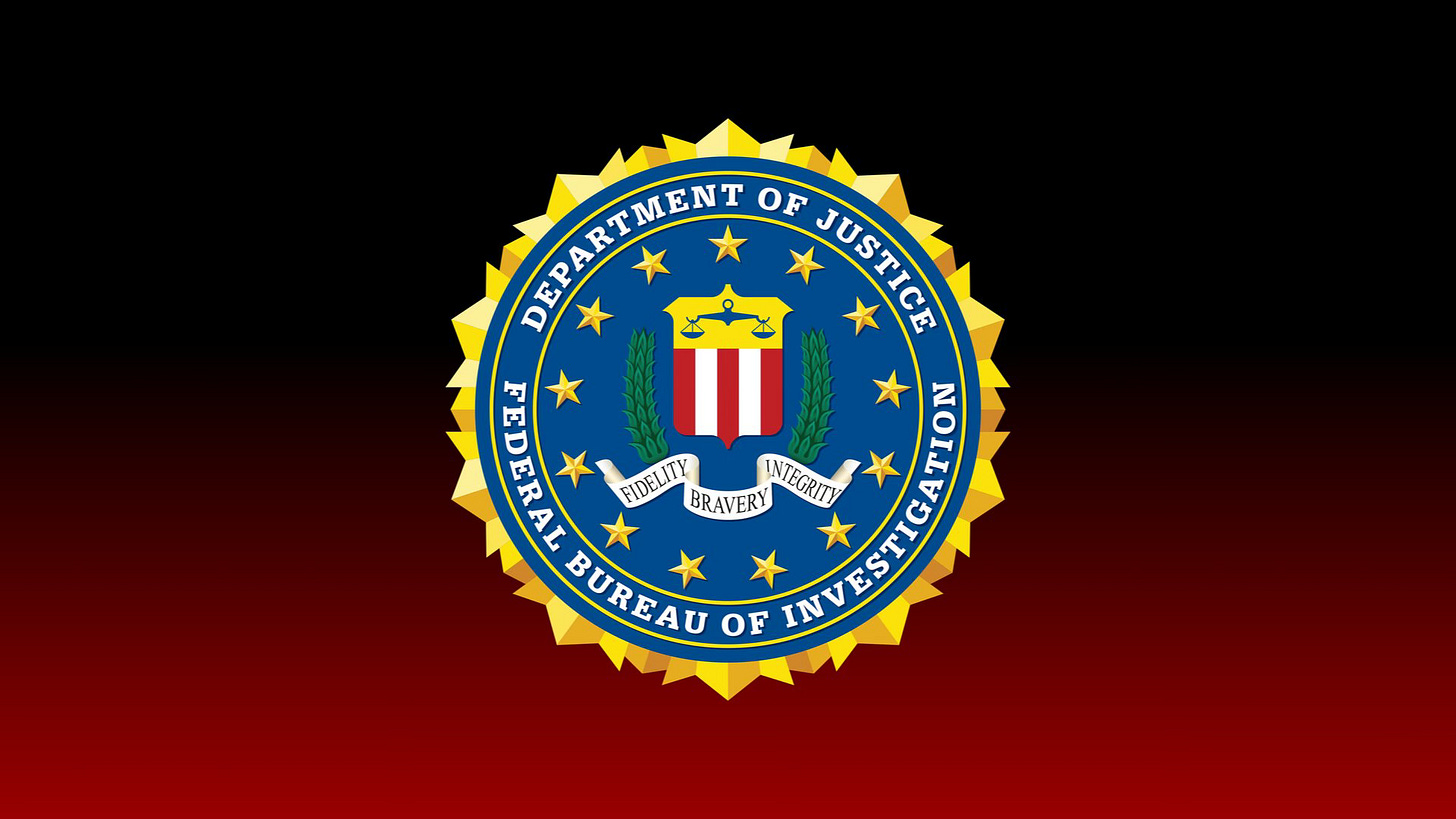FBI Training Cuts? What Leaked Reports Really Say About Recruitment Standards
Rumors of Reduced FBI Academy Training Raise Questions
Recent leaks claim the FBI is preparing to cut new agent training from 18 weeks to 8 weeks, according to an August 20 New York Times report. While the bureau has not made an official announcement, sources allege the Trump administration is supporting the change under FBI Director Kash Patel and Deputy Dan Bongino. According to the Times:
The Trump administration is preparing to lower the recruitment standards for F.B.I. agents, eliciting alarm from many agents who worry that the move will undermine the agency’s primary mission of conducting complex investigations and tracking threats to national security. Under a plan pushed by the director, Kash Patel, and his deputy, Dan Bongino, the F.B.I. will start welcoming new classes of recruits who will receive less training and no longer be required to have a college degree, according to people familiar with the plan who spoke on the condition of anonymity to describe it.
The proposal reportedly includes eliminating the college degree requirement for new FBI agents—an adjustment that some say will help fill staffing shortages, while critics warn it could weaken national security investigations.
The timing comes as nearly 5,000 analysts and agents are expected to accept severance packages in September, including 2,000 special agents—15% of the bureau’s 13,000 authorized positions. With so many departures looming, the FBI is actively seeking replacements and has already received 5,500 applications for special agent positions.
Media Coverage: Political Spin vs. Reality
News outlets reacted swiftly. MSNBC tied the changes to the Trump administration’s opposition to diversity, equity, and inclusion programs, even calling a proposed pull-up requirement “gender discriminatory.” The Daily Beast acknowledged that the changes could allow the FBI to recruit more seasoned investigators, particularly 1811s from agencies like ICE and ATF.
Critics argue lowering standards could undermine investigations. Supporters counter that the FBI has always recruited heavily from state, local, and federal law enforcement. It's not uncommon for the FBI to hire new agents with prior police background. Becoming an FBI agent is a very competitive process that many aspire to while serving in both state and local law enforcement. Becoming an FBI agent is extremely challenging, or nearly impossible, for candidates who lack experience in law enforcement. It's hard to imagine being an inexperienced applicant while competing against current experienced law enforcement officers. Most state and local police officers successfully complete between 19 and 26 weeks of basic law enforcement training in police academies. Additionally, most officers that would be competitive candidates for the position of special agent would likely have a substantial amount of specialized training beyond the basic Academy training. Also, agents from other departments and bureaus within the federal government that may be hired have attended federal law enforcement training.

The FBI’s Historical Role and Training Demands
Since 2001, the FBI has prioritized counterterrorism and homeland security, but its historic foundation was in criminal investigations with an interstate nexus, supporting local agencies with forensics and technology. Even if training is shortened, the bureau’s rigorous selection process makes it unlikely that underqualified recruits would be accepted.
The FBI also plays a central role in national crime reporting through the National Incident-Based Reporting System (NIBRS), though participation gaps from thousands of police departments continue to complicate accurate statistics.Although the move to an incident-based reporting system was launched during the first Bush administration more than 30 years ago when the time came to migrate from Uniform Crime Reporting (UCR) on January 1, 2021 the reporting lacked participation from thousands of police departments including three of the largest agencies in our nation. In fact, even recently, the FBI was unable to accurately report precisely how many state, county, tribal, and local law enforcement agencies exist in this nation.
Leaks and FBI Hypocrisy on Confidentiality
Perhaps the most concerning development is not the training change itself, but the pattern of leaks. Sensitive FBI plans appear in the media with startling regularity, usually attributed to “unnamed sources” speaking on condition of anonymity. These leaks erode confidence in the bureau’s internal discipline and raise questions about whether its own employees are held to the same standards it demands of others.
This is striking because the FBI is the nation’s gatekeeper of the Criminal Justice Information Services (CJIS) system—the central hub for criminal records, warrants, and intelligence. Every law enforcement officer in America who has access to CJIS information must undergo mandatory training. That training stresses that misuse, mishandling, or even accidental improper disposal of information can result in severe consequences: loss of certification, termination of employment, internal discipline, and even criminal charges. Careers have ended over a single violation.
Yet the FBI itself, the agency that mandates these uncompromising standards, has become one of the most reliable sources of leaks in the federal government. Sensitive information—ranging from high-level investigations to internal policy discussions—routinely makes its way into the press. The very organization that polices confidentiality for every police officer, sheriff’s deputy, and state trooper in the nation appears unable, or unwilling, to police itself.
The contradiction is glaring. Local and state officers risk their livelihoods if they so much as mishandle a document from CJIS, while the bureau tasked with enforcing those rules leaks its own confidential business almost as a matter of routine. For an agency that commands the highest standards of integrity in information handling, this ongoing breach of its own principles may be more damaging to public trust than any change to agent training requirements.
Despite alarmist headlines, the leaked plan does not appear to mark a collapse of FBI standards. The bureau has a strong track record of recruiting from experienced law enforcement backgrounds and applying one of the most thorough vetting processes in federal service. Based on their thorough screening process, and their targeted hiring pool, they will likely find promising candidates that will serve our nation well.
Please keep all of our law enforcement employees in your prayers.
Roland Clee served a major Florida police department as a Community Service Officer for more than 26 years. His career included uniformed patrol, training, media relations, intelligence, criminal investigations, and chief’s staff. He writes the American Peace Officer newsletter, speaks at public safety, recruiting and leadership conferences and helps local governments and public safety agencies through his business, CommandStaffConsulting.com.
For media interviews and podcast appearances, click here: http://bit.ly/40pT3NS
References
https://www.msnbc.com/top-stories/latest/trump-patel-fbi-recruitment-standards-lower-rcna226690
https://www.thedailybeast.com/kash-patel-is-about-to-make-it-easier-to-work-for-the-fbi/
https://www.newser.com/story/373937/report-fbi-plans-to-lower-standards-for-new-recruits.html




I always thought the BS degree over the BA was a bit much. And like you pointed out, a good percentage of those new hires will come from the current law enforcement ranks and other federal agencies. The leaks need to be addressed.